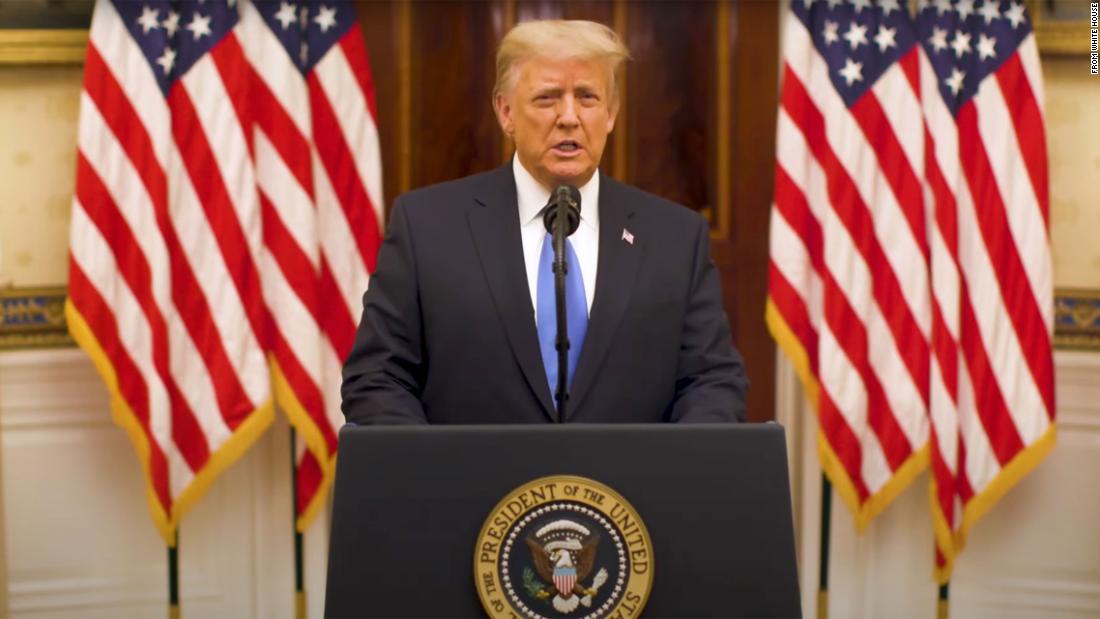The effort was part of Trump’s pressure on the Justice Department in his final weeks in office to reverse his electoral defeat, which also included plans to fire then-acting attorney general Jeffery Rosen with a relatively unknown Justice Department lawyer who was willing to use the department to support Trump’s false allegations about electoral fraud in Georgia, two people briefed on the matter told CNN.
The effort ended up failing as Trump’s Justice Department nominees refused to file the case, according to the Journal. Rosen, along with ex-attorney general William Barr and ex-attorney general Jeffrey Wall, refused to open the Supreme Court case on the grounds that there was no basis for contesting the election result and that the federal government it had no legal interest whether Trump or Biden won the presidency.
Trump also backed off during the New Year’s weekend effort after senior Justice Department officials, including Senate Trump nominees and other political officials, vowed to resign if Trump fired Rosen.
The move would have represented Trump’s most blatant intrusion into Justice Department affairs, after years breaking with the decades-long presidential tradition of trying to limit the department’s clearly partisan political activity.
An outside lawyer who worked for Trump wrote a document that the then president wanted the Justice Department to present, people familiar with the matter told the Journal, but officials refused.
Jeffrey Clark, the head of the Justice Department’s Environment and Natural Resources Division, confirmed by the Senate, who took over the leadership of the DOJ Civil Division during the final months of the Trump administration, warned his bosses, both Rosen and the attorney general. Acting deputy Richard Donoghue, that he was meeting with Trump to discuss sending a letter to the Georgia authorities, falsely saying that the department was investigating serious fraud allegations and withholding the final certification of Biden’s victory.
Rosen and others rejected the idea because it was not true and because Rosen, and Barr before him, rejected pressure from Trump to appoint a special lawyer to investigate electoral fraud.
Clark denied any plans to expel Rosen, he told the Times on Friday, or that he made any recommendations based on conspiracy theories on the Internet.
“My practice is to rely on sworn depositions to assess disputed factual claims,” Clark told the Times. “There was a frank discussion of options and pros and cons with the president. It is a pity that those who participated in a privileged legal conversation commented publicly on these internal deliberations, while distorting any discussions.”
CNN contacted former Trump campaign advisor Jason Miller for comment. Trump declined to comment to the Times.
Evan Perez of CNN contributed to this report.
